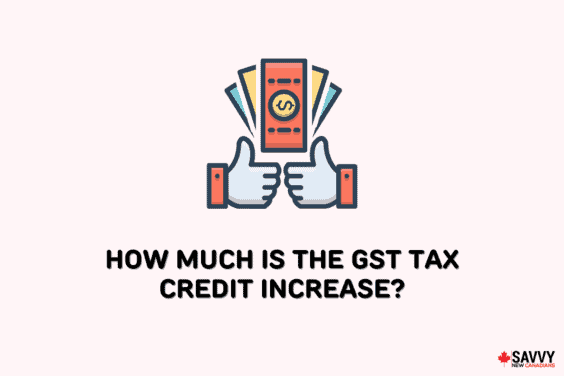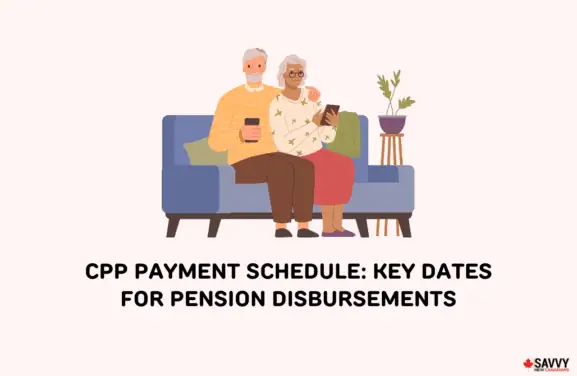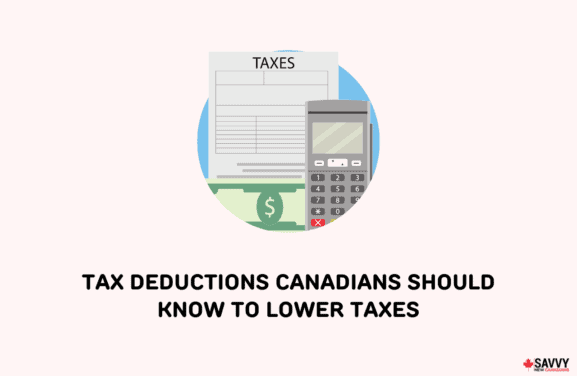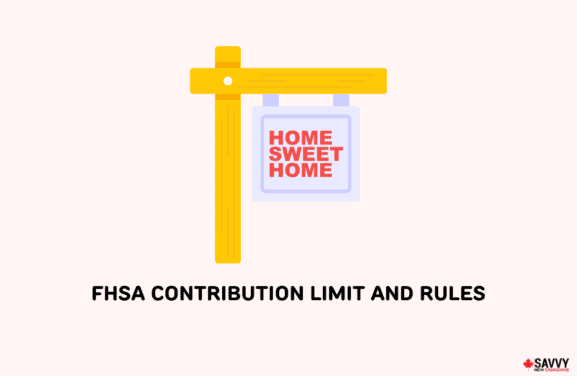If you are a Canadian taxpayer, you need to be aware of the tax changes that will take effect in 2024. These changes will affect various aspects of your finances, from the amount of tax you pay to the deductions and credits you can claim.
Some of the most significant changes include an increase in the federal carbon tax, a second income ceiling for Canada Pension Plan (CPP) contributions, and an increase in the Employment Insurance (EI) tax rate.
The federal carbon tax will increase from $65 to $80 per tonne on April 1, 2024, affecting all taxpayers except those in Quebec. This increase will result in a higher price per litre of gas, with Canadians now paying 17.6 cents in carbon taxes per litre.
On the other hand, the 2024 RRSP contribution room increases to $31,560, offering Canadians an additional $780 in contribution room from 2023.
It’s important to note that the deadline for 2023 tax-year contributions is February 29th, 2024.
If you earn more than $68,500 annually, you will fall into a second CPP contribution level that tops out at $73,200. However, people earning $68,500 or less won’t see any changes to their current contribution rates.
Additionally, the EI tax rate and maximum insurable earnings in Canada will increase in 2024. Employees will pay $1,049 and employers $1,469 for EI, which is a rise of $47 for both. These changes are just a few of the many tax changes that will affect Canadian taxpayers in 2024.
Key Takeaways
- The federal carbon tax will increase to $80 per tonne from $65 per tonne on April 1, 2024.
- The 2024 RRSP contribution room increases to $31,560, providing Canadians with an extra $780 in contribution room.
- The EI tax rate and maximum insurable earnings in Canada will increase in 2024. A second CPP contribution rate now applies to income between $68,500 and $73,200.
Overview of Tax Changes for 2024
Here’s what you need to know about the tax changes for Canadians in 2024.
Federal Tax Rate Adjustments
For 2024, there are no changes to the federal tax rates, but the tax brackets have been adjusted for inflation. The basic personal amount has also been increased to $15,705. This means you won’t have to pay any federal income tax if you earn less than this amount.
| Annual taxable income from | Annual taxable income to | Federal tax rate |
| $0.00 | $55,867.00 | 15% |
| $55,867.01 | $111,733.00 | 20.5% |
| $111,733.01 | $173,205.00 | 26% |
| $173,205.01 | $246,752.00 | 29% |
| $246,752.01 | and over | 33% |
Enhancements to the Canada Pension Plan
The maximum pensionable earnings for CPP increases from $66,600 to $68,500 at the 5.95% contribution rate. There’s also a new second income ceiling from $68,500 to $73,200 where you pay a 4% contribution rate (up to an extra $188).
This means that you’ll be contributing more to your CPP but also be eligible for a higher CPP retirement benefit in the future.
Increased Employment Insurance Premiums
The maximum insurable earnings for employment insurance will increase to $63,200 in 2024. The EI premium rate also increases to 1.66% for employees and 2.32% for employers.
This increases employees’ maximum annual EI contribution to $1,049.12 and $1,468.77 for employers.
Increased Carbon Taxes
The federal government has announced that the carbon tax will increase from $65 to $80 per tonne.
This will result in Canadians paying more for gasoline, natural gas, and other fossil fuels.
Specific Deductions and Credits
Adjustments to Personal Amounts and Credits
The basic personal amount (BPA) for the 2024 tax year is $15,705. All taxpayers can claim this non-refundable tax credit, and it is an excellent way to reduce (or even eliminate) your tax liability.
You should note that the BPA is gradually reduced for individuals with net incomes above $173,205 and is completely phased out for individuals with net incomes over $246,752.
Additionally, there have been updates to other personal amounts and credits.
For example, the Canada Caregiver Credit supports a dependent with a disability, and may qualify you for this non-refundable tax credit, with amounts varying based on several factors.
The Disability Tax Credit, aimed at offsetting costs related to disabilities, is also applicable under specific conditions for oneself or dependents.
Updates on Deductions for Workers and Families
In 2024, there are changes to the deductions available for workers and families. For example, RRSP contribution limits have increased to $31,560, up from $30,780 in 2023. This is an excellent opportunity to save for retirement while reducing your tax liability.
Additionally, the Canada Workers Benefit (CWB) has been updated to provide more support for low-income workers and families.
The CWB is a refundable tax credit that helps supplement the income of low-income workers. The maximum benefit for single individuals without children has increased to $1,428, while the maximum benefit for families has increased to $2,461.
Important Filing Dates and Deadlines
As a Canadian taxpayer, it is essential to know the various filing dates and deadlines to avoid any penalties or interest charges.
The deadline for individuals to file their income tax returns is April 30th of each year. However, if you or your spouse or common-law partner is self-employed, the deadline is extended to June 15th, but any balance owing is still due by April 30th.
For trusts, the deadline to file their T3 return is 90 days after the trust’s year-end. If the trust has a calendar year-end, the deadline is March 31st.
Note that the deadline for paying any balance owing is the same as the filing deadline. Failing to file on time can result in penalties and interest charges.
It is important to note that the CRA has various tools to ensure compliance, including audits, assessments, and collections. The penalties for non-compliance and tax avoidance can be severe, so it is crucial to ensure you meet all your reporting requirements and filing deadlines.
Related:



